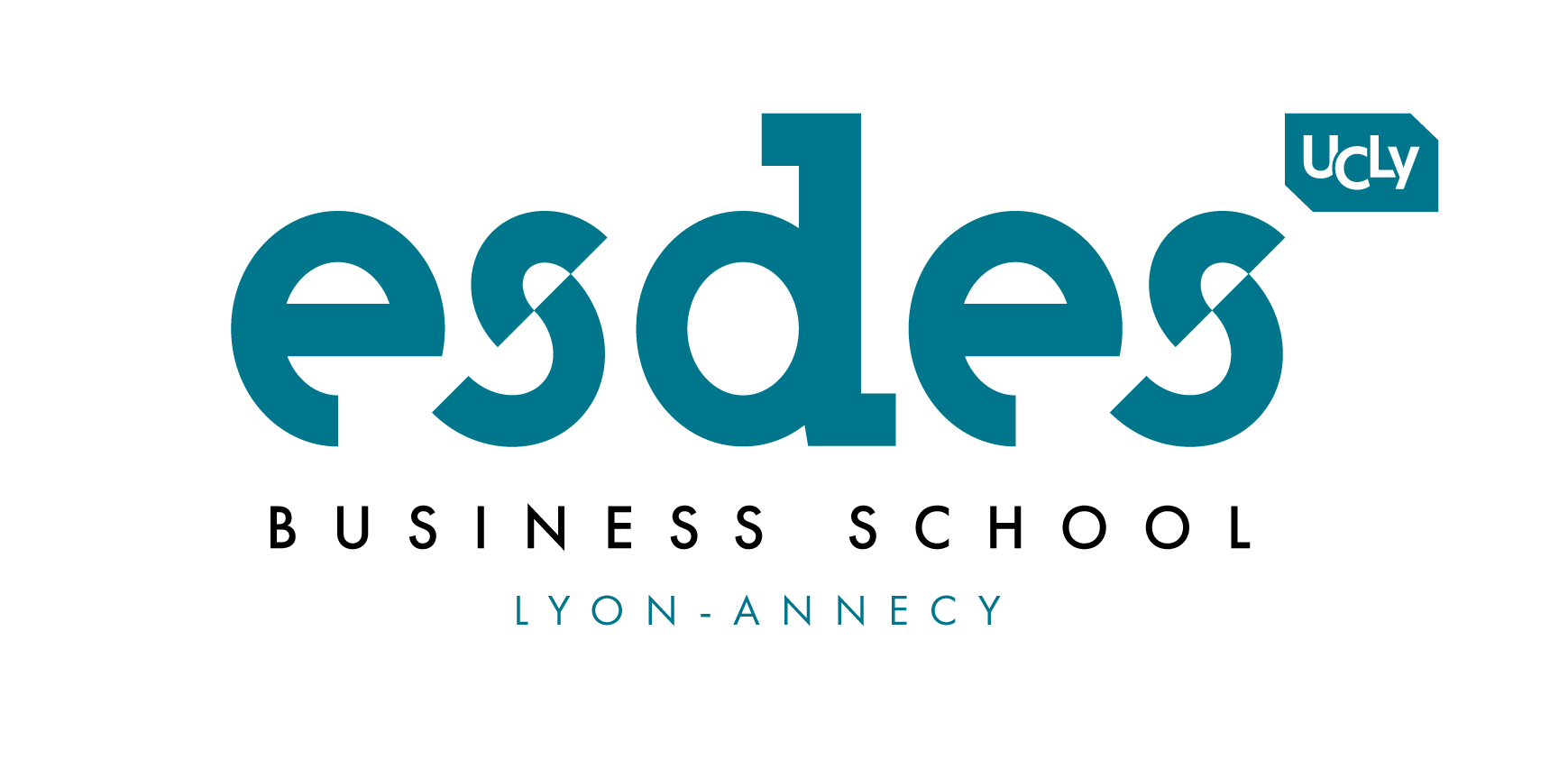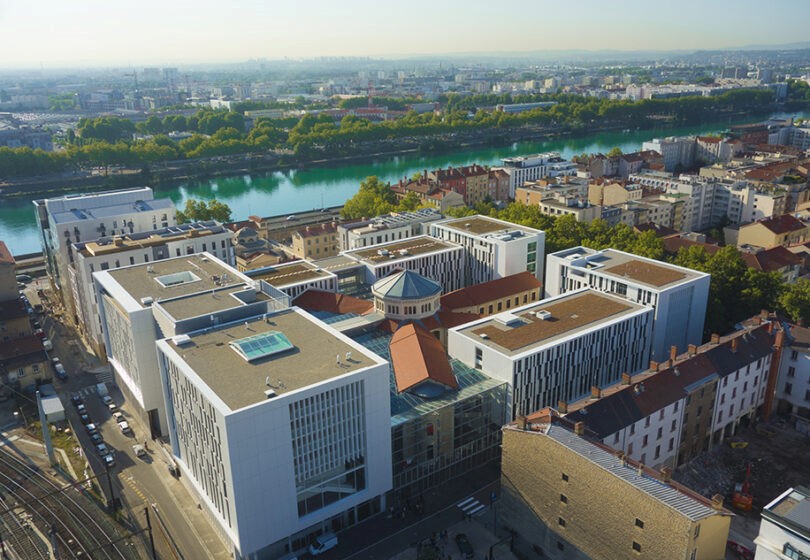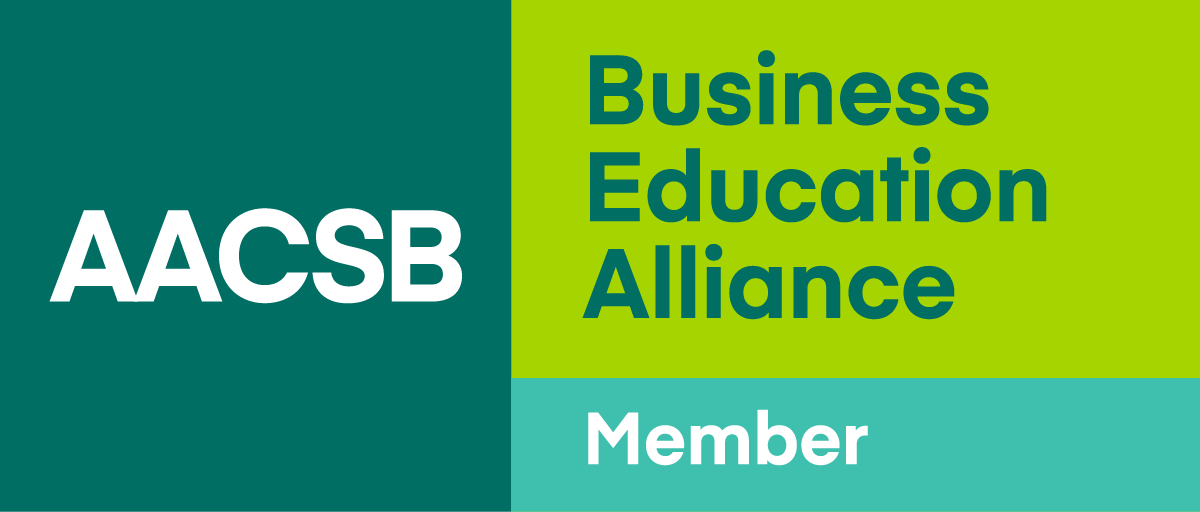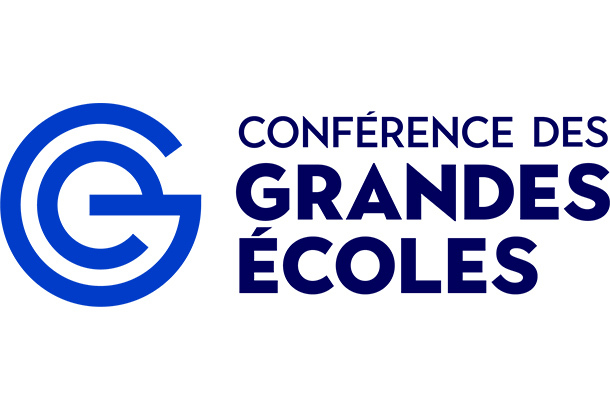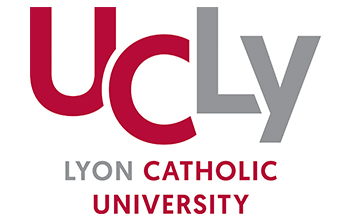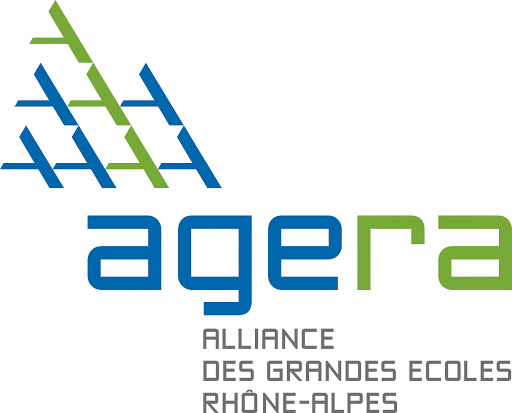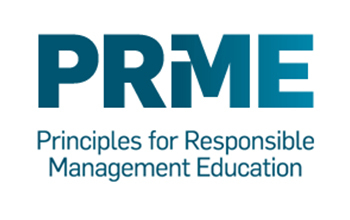- Homepage
- ESDES’s blog
- Orientation
- Choosing a masters at french Business School: options & expectations
Obieguo Ifeanyi Kingsley
7 min.
12 February 2025
You have completed your bachelor's in business administration, marketing, entrepreneurship, accounting, and any other relevant fields, and you are considering furthering at the master's level in the field of business or management, and in a business school, the first thing you might want to consider is the career path in business to pursue. One common myth about the field of business is that it is too generic or broad (EduAdvisor, 2020), and that is very true. However, the reality remains that most universities would require you to specialize as part of your business degree to make the best out of your study and be relevant after graduation, and in business school, specialization is inevitable. Most business schools offer a variety of degrees at the master level in business, like Master of Science (MSc), Master of Arts (MA), Master of Business Administration (MBA), and Masters in Management (MiM). In France, three out of the four listed above are offered for master’s in business school, which are the MBA, MIM, and MSc. (Dimensions France, 2022). Knowing the difference between these is essential, as it allows you to tailor your education to your career goals. Additionally, most master’s programs in business schools in France are English-taught, and the range of specializations at the master's level is specific to each business school, suggesting the need to research the specializations in the business schools in France that interest you and best suit your career path.
As a current master's student of business at the Esdes business school of the Universite Catholique de Lyon, France, in this article, I will explain the different degree types offered in a French business school to help guide you when deciding on your degree choice and further highlight the specializations offered in the master's program at my university should you want to consider pursuing your degree at Esdes Business School France. Finally, I will share expectations in a French business school based on my experience. Let's dive in:
Different degree types offered in French Business Schools
Master of Business Administration (MBA)
This is the flagship degree, considered the most attractive option for students across the world. However, this degree is mostly targeted at people who are already practicing in the business environment and have several years of experience. If you're a graduate with years of experience working with different companies, you may want to consider pursuing an MBA degree to boost your career growth and development.
Masters in Management (MiM)
This is the flagship degree training delivered by the 38 “Grandes Écoles (business schools) members of the French Conférence des Grandes Écoles (CGE) in France. If you are a fresh graduate with little or no professional experience or an early career graduate exploring different career paths and seeking to acquire management and leadership skills, this degree might be the perfect option for you in your choice of career path, as it offers flexibility, broad education with optional specializations, and practical exposure through internships, usually two 3-6-month internships, one in your Master 1 and another in Master 2, respectively, allowing you to explore and discover different industries and managerial roles before specializing or choosing a career path.
Master of Science (MSc)
This degree specializes in a particular domain and targets students who already have a clear career goal and are confident about the industry or role they wish to pursue. An MSc degree provides the deep knowledge and technical expertise required for specialized roles in a specific field of study. It is worthy of note to state that some business schools in France combine both an MSc and MIM degree, equipping students with both generalist and specialist skills and ensuring they are well-positioned to meet the demands of the dynamic business landscape.
Now, the onion is on you to reflect on the degree types that best align with your career goal before making your choice. At Esdes Business School, University Catholique de Lyon, France, where I study, MSc and MIM are the degree types offered, with each degree having a list of specializations that prospective students could choose from.
Specializations in the Master Program at Esdes Business School, Universite Catholique de Lyon, France
There are more than 10 specializations offered in the master’s program at the Esdes Business School. Each of these specializations is categorized either as MIM or MSc. In this article, I will focus only on the English-taught specializations with their respective degrees, so that international students like you seeking to pursue a master’s degree at the Esdes can be more informed on their choice of degree and specializations.
The MIM Degrees
Three (3) English-taught specializations are offered in the MIM degree at the Esdes. This includes:
- International Supply Chain and Purchasing (ISCI), a two-year program designed to help students develop the skills and capabilities required to manage people, materials, technologies, and business processes in today's fiercely competitive supply chain landscape. The program includes mandatory internships in the first and second years.
- International Business Administration (INBA), designed to help students acquire management and leadership skills to evaluate the complexities of international business. The program is structured in two categories: the fast track, which lasts 13 months, and the standard track, which lasts 2 years. Both tracks include a 6-month internship and the possibility of a double degree.
- Marketing and Digital Business (MDBI), designed to help students develop the marketing and digital communication skills required in an evolving international context for companies in B2B and B2C sectors. The program lasts two years and includes mandatory internships in the first and second years.
The MSc Degrees
Three (3) English-taught specializations are also offered in the MSc degree at the Esdes. This includes:
- Circular Economy and Sustainable Innovation (CESI), designed to provide students with an in-depth and comprehensive exploration of the circular economic framework and the principles, practices, and strategies needed for a sustainable and circular economy. The program’s duration is usually 13 months.
- Impact Finance and Fintech Management (IFFM), designed to offer training in sustainable financial management, ESG analysis, and green banking within a period of 13 months
- Sustainable Tourism and Event Management (STEM), designed to train students on how to create extraordinary experiences in tourism while embracing sustainability, environmental, and social responsibility at every step. The program's duration is 13 months.
Expectations from a French Business School from international student experience
Multicultural and International Environment
French business schools are usually well recognized for their accreditation, attracting international students across the world. This means you get to meet new people and cultures and enjoy the experience of international student life. In my class of 25 students plus, there are students from at least 10 different countries in Africa, Asia, Europe, and the Middle East, and it really feels great and fun working on projects with inputs and perspectives from different countries of the world, helping me prepare for the real international dynamics.
Practical Learning
French business school classes are mostly practical with case studies, real-world business scenarios, and group projects. In my experience, practically all my classes require one or more individual and group presentations with missions to provide solutions to real-world problems facing companies in partnership with the school. Our professors also have industry experience and mostly invite guest lecturers from top companies; this makes lectures very practical and real.
Networking and corporate connections opportunities
Due to the global recognition French business schools possess, they usually have strong links with the corporate world, allowing them to organize regular career fairs and networking events for students. My school organizes company visits, family home visits, etc. I think this offers students a great opportunity to network with families and professionals outside of the classroom for opportunities.
Academic rigors
There is a myth or general perception that business degrees are for academically weak students (EduAdvisor, 2020), unfortunately not in a French business school where the demand and expectations are above the ceiling. For example, in my school, our classes are a mix of lectures, seminars, and workshops, requiring a great deal of time investment. I practically spend 10-12 hours of my time daily in class and for other academic requirements.
Internship and Job Opportunities
In French business schools, many programs require a 6-month internship before graduation. The good news is that the schools prepare and support students in their search for an internship. In my school, for example, there is a subject called “PEPS” designed specifically to prepare students not just for an internship but also for job opportunities after school. My school also provides CV and cover letter guides as well as advice on how students can position themselves for job opportunities. My school also has a specific website dedicated to matching students and employers and organizing career fairs and company visits to help students meet potential employers for employment opportunities.
Conclusion
Ultimately, a master’s degree from a French business school offers an enriching and rewarding experience combined with academic rigor, real-world experience, and international networking opportunities. Students can acquire industry-relevant skills and experience tailored to different career paths while gaining exposure to an international and multicultural environment. The focus on internship, real-world experience, and corporate connection provides students with a solid foundation for professional success, preparing students to handle the complexity of the corporate world with capacity and confidence.
